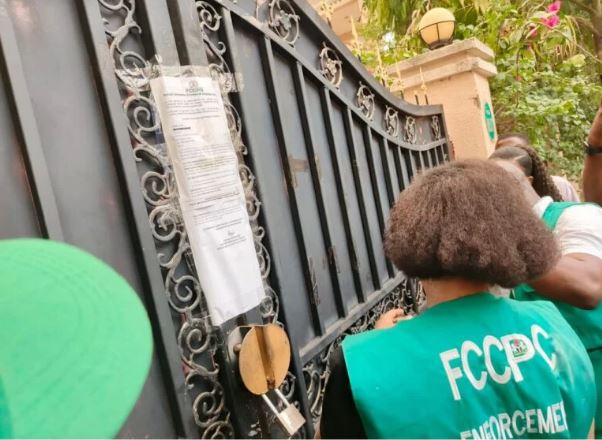Yam sellers in the Federal Capital Territory (FCT) on Friday appealed to the Federal Government to intervene on the arbitrary increase in price of yam in the country.
The sellers, who spoke in separate interviews in Abuja, said that the continuous increase of the stable food was affecting their livelihood.
They, however, attributed the constant price increase of the product to insecurity, high transportation costs, and the increasing cost of fertilisers and pesticides.
Blessing Timothy, a yam seller in Masaka market, called on the federal and state governments to regulate the constant price increase of food stuff to minimise the sufferings of Nigerians.
She also appealed to government at all levels to provide farmers with modern farm inputs, while ensuring the timely distribution of fertilisers to boost food production across the country.
Timothy said early distribution of fertiliser would enhance the cultivation of yams and other crops and possibly bring down the cost of farm produce.
“I am appealing to the government to provide machinery like tractors and other farm inputs to farmers at subsidised rates in order to boost food production in the country.
“The provisions of modern farm inputs to farmers will not only help fight poverty, hunger, and unemployment but will also improve the revenue base of the country.
“It will improve on harvest, reduce cost of production and bring down prices,’’ she said.
Timothy said that a five tuber of yam now sell for between N15,000 to N30,000 depending on the sizes.
She expressed worry that something must be done urgently to address the cost of yam and other food items and reduce the sufferings of Nigerians.
Hannah Duke, another yam seller in Mararaba, said the increase in the price of yam had affected her business, adding that she was gradually losing her capital.
According to her, most farmers don’t go to farm anymore because of the insecurity. Those who managed to plant will pay the gunmen to be able to harvest. Cost of transportation and pesticides.
“All these go to the cost of production and at the end the farmers need to increase price to make ends meet,’’ she said.
Duke said that yam business was no longer profitable, adding that it was difficult for people to buy yam these days.
“The price we are selling is not profitable, but we just have to sell it anyways.
“Sometimes we are forced to cut a yam into pieces to sell.
“We sell small slices of yam for between N1000 to N2000, depending on the size. We are appealing to the government to come to our aid,’’ she said.
Josephine Ejeh, another seller in Mararaba, expressing her frustration, said that yam was now beyond the reach of the ordinary man.
“We don’t know where to start from. Last year, we sold a bundle of yam (5 pieces) for N3,000 and now we are selling for between N15,000 or N30,000, depending on the size.
“People are not patronising us again. I’ve been here since morning, and I have not sold anything. Everyone is complaining, and it is not our fault either.
“I used to buy 100 pieces of yam for between N50, 000 to N60, 000, in 2003 but now I buy for between N200, 000 to N350, 000, it is that expensive now.
“It used to take me three to four days to sell off 100 pieces of yam, but I’ve had these 100 pieces for two weeks and I’ve not sold even half of it,’’ she said.
Ejeh called on the government to come to their aid, so that yam sellers would not lose their sanity.
“The government should help us resolve this because gradually we are running out of our minds,’’ she said.
Similarly, Rose Musa, also a yam seller appealed to the government to intervene and regulate the prices of yam and other food stuff.
“The price of yam is very high and the patronage is low. We don’t have sales like before, and everyone is complaining.
“The cost of living is also very expensive. We end up reducing the price so that we can sell our goods sometimes, and we don’t make any gain.
“We are tired and need help. The government should help us resolve this because it is getting out of hand. We cannot even fend for ourselves again,’’ she said.
Recently the Federal Competition and Consumer Protection Commission says it will take action against members of trade associations that engaged in indiscriminate hikes in the prices of basic food items.








